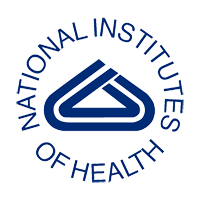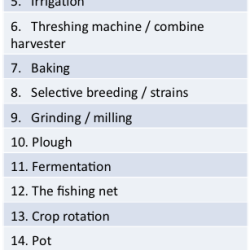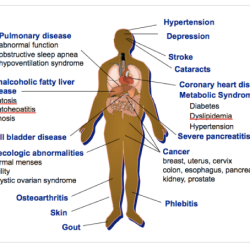Monday, September 10, 2012
Since the first scientific papers describing recombinant DNA methods were published in the early 1970s, genetic engineering has been used in a number of different applications,  ranging from producing synthetic insulin used to treat diabetes and food crops that make their own pesticide to creating colorful pets. Analogous to other technologies that have been used to make advances in medicine and agriculture but using the most advanced scientific methods we have today in molecular biology and genetics, its use in food applications has received a mixed response from consumers—no doubt like some of you reading this post. The issue is back in the press again in part due to The California Right to Know Genetically Engineered Food Act (Proposition 37), which requires labeling on foods made from ingredients including genetically modified organisms (GMOs).
ranging from producing synthetic insulin used to treat diabetes and food crops that make their own pesticide to creating colorful pets. Analogous to other technologies that have been used to make advances in medicine and agriculture but using the most advanced scientific methods we have today in molecular biology and genetics, its use in food applications has received a mixed response from consumers—no doubt like some of you reading this post. The issue is back in the press again in part due to The California Right to Know Genetically Engineered Food Act (Proposition 37), which requires labeling on foods made from ingredients including genetically modified organisms (GMOs).
As I did in my post on eating local, I always enjoy beginning the discussion with a bit of entertainment, and all the better if music is involved. Check out the following video to get the conversation started.
I will be discussing GMOs in my Farm to Fork class tomorrow and in the coming weeks of the semester; at some point I’ll write a follow-up blog post, too. Here’s a set of questions I posed to my students to understand their thinking on this controversial technology.
Genetic Engineering: Food for Thought
- Do you think scientific technology should be used to improve human health, enhance food safety and/or address environmental concerns?
- Do you know what a GMO is?
- Do you know how foods using genetic engineering are created?
- Have you ever eaten a food containing ingredients made with GMOs?
- Do you think foods including GMOs should be labeled?
- Do you think genetic engineering can be part of sustainable food production? Why or why not?
- What are the main sources of information where you get your information about food technologies such as GMOs? Are they science-based? (More here on how to differentiate science from anti-science.)
- Do you have any other beliefs about GMOs? Why do you feel the way you do?
I’d be happy to know what you think, too, so please consider leaving a reply. I may not be able to respond but know that I will read each comment with interest and appreciate your taking the time.
This is Part 1 in a three-part series on GMOs. Part 2 is here and Part 3 is here. The “Got Science” image is from the Union of Concerned Scientists.





The US is pressuring New Zealand to go GM – at the moment it’s banned – telling them they will be unable to compete in world markets and become food importers instead if they don’t go the genetically modified way…
Odd. I’ve seen these questions somewhere recently. They are good questions and I will be asking these questions to my kids and friends.
Many organizations (like the ones I’ve linked to) do FAQ to summarize the issues, and many people do ask the same kinds of questions, I suppose. I put together this particular list as I was preparing for a television interview on the subject. Glad you found it informative! Thanks for the comment, Mike. Cheers, PKN